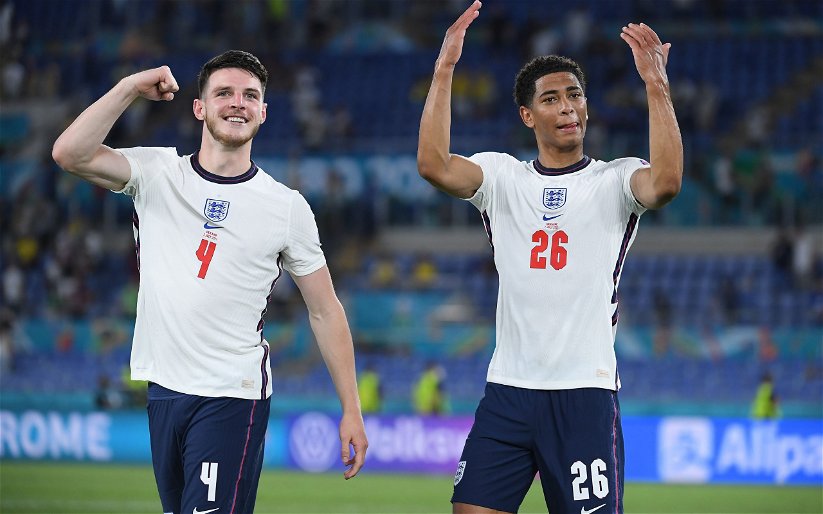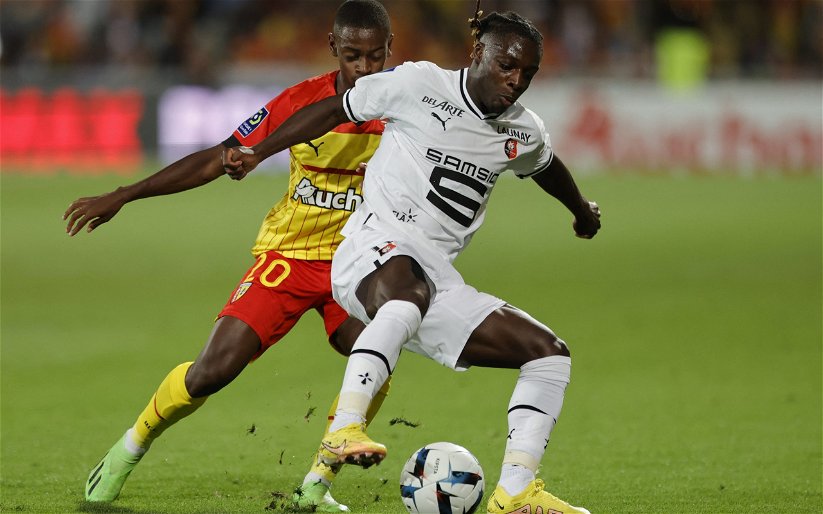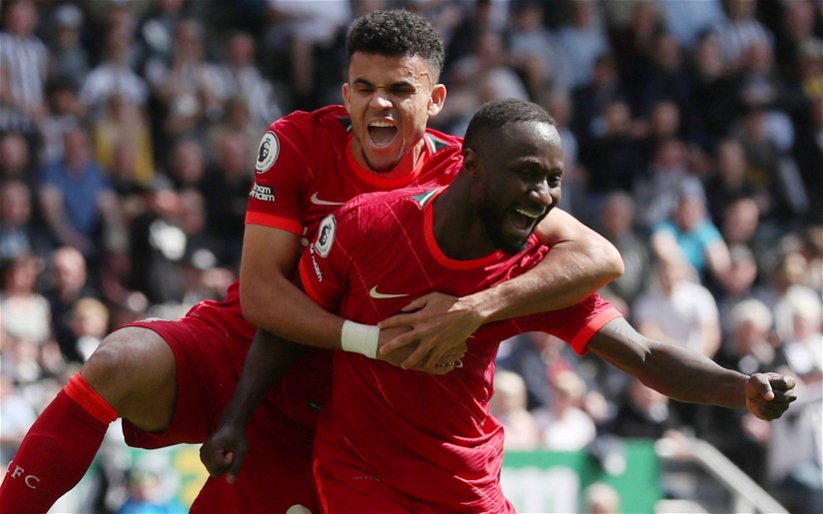 I really hate this time of year. No, not because it marks the start of the transfer window, and an inevitable sense of anti-climax when a series of hyped moves fail to materialise, or because January is quickly becoming known as sacking season, with clubs releasing and appointing managers quicker than Ryan Babel says something stupid on Twitter.
I really hate this time of year. No, not because it marks the start of the transfer window, and an inevitable sense of anti-climax when a series of hyped moves fail to materialise, or because January is quickly becoming known as sacking season, with clubs releasing and appointing managers quicker than Ryan Babel says something stupid on Twitter.
No, the reason that I dislike this stage of the season so much is the award of the Ballon d’Or, what it represents in the modern game, and the way in which we as fans and pundits interpret its meaning.
Football is a team sport. To identify one player as being the finest exponent of the game over the course of a year should be incredibly difficult, yet the selections for this award are always boringly predictable.
I will preface what I am about to say by stating that I do not for a moment dispute that any of the previous winners of the Ballon d’Or are anything but sensational footballers, but what exactly is the award meant to reflect?
Over recent years, the honour appears to have been given to the; “best, most marketable, flair player playing for a major European side given licence to roam between midfield and attack of the year.” Without doubt, a small field.
Inevitably, goals are what win football matches, and the players that score them are given high credit for doing so. This has always been the way the football world works, and is why prolific strikers can earn three or four times the amount of a solid defender.
However, how can you quantify the contribution of a goalkeeper or a defender and weigh it up against the goals of a striker?
 Its live fantasy football! Become part of the Liverpool’s next game and play Picklive for FREE. A Free Trial for every reader here
Its live fantasy football! Become part of the Liverpool’s next game and play Picklive for FREE. A Free Trial for every reader here
–
The only defender to win the award since 1996 was former Italian skipper Fabio Cannavaro, a direct appreciation of the fact that Italy had won the World Cup without scoring many goals, and the fact that it would have been impossible to give preferred choice, Zinedine Zidane, the award considering his behaviour in the final.
This year’s edition perfectly encapsulated the problem. There are football fans that believe all of Lionel Messi’s major contributions to football games are solely the result of individual moments of genius, that if there had been no other players around to help him, he would still have made that jinking run or driven straight through the heart of an otherwise solid defensive unit.
However, last season went to show just why this theory is so flawed. Despite putting in, according to many observers, the performances of a “generation” as Barcelona romped to another La Liga title, at the World Cup in in South Africa, Messi was utterly powerless to prevent his nation progressing beyond the round of 16. This was despite his own moments of quality, as there was little around him to provide the space and supply that the Argentine thrives on and is accustomed to.
At the same time, the Spanish midfield and defence gave a lesson to the other sides in the tournament about the importance of ball retention and distribution, and whilst importing Messi into that line-up, would have made their triumph more exciting, Spain showed the importance of the collective over an individual.
Why then, did Messi win this year’s award? Some may argue that the destination for the award does not matter. All three are remarkably talented footballers who have achieved much in another sensationally successful year, so why spilt hairs?
The problem is that the Ballon d’Or award mentality creates a culture that can be seen everywhere. From Wayne Rooney’s proclamation that he would leave Manchester United to Carlos Tevez’s bizarre transfer request saga, top players are being told on the one hand that they must fit as part of a team, yet in the same breath that if their team is successful, they alone will take the acclaim, for team success will contribute to their coronation as the best player in the world.
Across a football landscape where there are widespread complaints about the selfish, greedy and egotistical nature of top footballers, it may be time to re-evaluate how we define individual achievement on a football pitch.
The article was written by Cameron Sharpe for Football Fancast. Make sure to check out the latest news, blogs and podcasts at FFC – ed.
Follow us on twitter @live4Liverpool
Live4Liverpool is recruiting columnists. For further info contact the site editor at live4liverpool@snack-media.com
 This week it is former Liverpool WAG Jennifer Ellison!
This week it is former Liverpool WAG Jennifer Ellison!
————–
CLICK ON THE IMAGE OR HERE TO GET TO THE GALLERY
–


